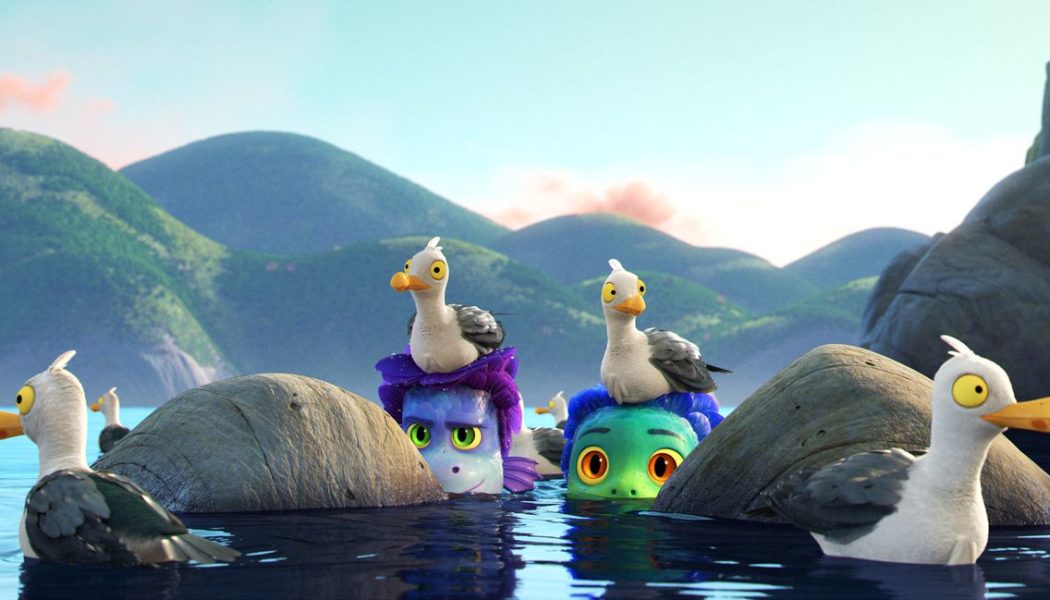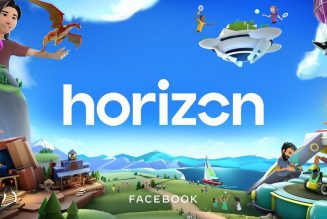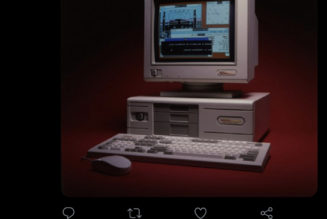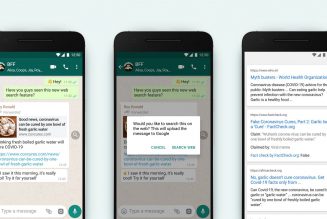The best way to watch Luca, the latest feature from Pixar, is when you’re that very particular kind of tired that comes from a long day at the beach. I recommend pulling out a projector so you can watch it outside, preferably as the sun starts to set, and ideally with some gelato to accompany you. What I’m saying is: this is just about the perfect summer movie.
Okay, sorry, so what is Luca actually? At its most basic, it’s a coming-of-age story about sea creatures, directed by Enrico Casarosa (who previously directed Pixar’s 2011 short La Luna). Luca (Jacob Tremblay) is a young monster who lives a sheltered life on a family farm under the sea, largely oblivious to the human world above him. Most of what he knows comes from his parents, who tell him that the “land monsters” are “here to do murders.” Still, despite — or perhaps because of — this sense of danger, he’s fascinated by the human world.
He collects random objects, like playing cards and alarm clocks, and dreams about what the world outside of the ocean is like. (He’d make fast friends with Ariel.) Then one day, he meets another young monster named Alberto (Jack Dylan Grazer) who happens to live on the land. Luca’s budding obsession with the human world reaches its zenith when he spots a poster on Alberto’s wall that reads simply: “Vespa is freedom.” The two decide right then and there that they have to have a Vespa.
:no_upscale()/cdn.vox-cdn.com/uploads/chorus_asset/file/22473688/LUCA_ONLINE_USE_v228_84_pub.pub16_CROP.133_copy.jpg)
The big twist in Luca is that the sea monsters change into a human form when they’re out of the water. So Luca and Alberto are able to pretend to be human when they visit a nearby Italian seaside village in search of the scooter of their dreams. Eventually, they come up with a plan: with the help of a new human friend named Giulia they enter into a triathlon so that they can use the prize money to buy a Vespa. (In case you forgot the film takes place in Italy, one of the triathlon events is dedicated to eating pasta.)
The core of the movie is the budding friendship between Alberto and Luca. The two are near polar opposites. Luca, cautious yet imaginative; Alberto, brash and prone to taking risks. They push each other in different ways. Alberto helps Luca out of his shell with daring bike rides and other stunts, while Luca shows Alberto that there’s more to life than just having fun. For the most part, Luca’s story follows the expected beats. The two grow close, eventually clash, and struggle to deal with the influence of Giulia on their relationship. They adapt to the human world as they train for the competition — Luca learns how to ride a bike, while Alberto struggles to operate a fork — and discover new pleasures like gelato. At the same time, there’s a constant sense of danger; any time it rains you worry that the boys will be found out, which is particularly scary given how much the villagers hate sea monsters.
But the predictable nature of Luca never bothered me, because it’s just so charming. There’s a real tactile sensation to the animation. The rippling effect when a sea monster transforms into a person is jarring yet almost satisfying, like popping a piece of bubble wrap.
[embedded content]
Luca has the vibe of a stop-motion production, with exaggerated characters that look like they’re made of toothpicks and plasticine. It all helps add to the movie’s cozy nature. At the same time, because this is a CG film, there’s a fluidity, particularly when you see the sea creatures swimming like otters. (The water looks incredibly lifelike.) Seeing the pair of friends race through the water, jumping like dolphins, and changing forms constantly in the process, creates an incredible sense of freedom.
Perhaps the most impressive thing about Luca is that it features two fully realized worlds. The quaint, sun-drenched village looks like a 1950s postcard come to life and just makes you want to laze around in the sun for a few hours. Yet Pixar has an uncanny ability to imagine the details of hidden worlds, whether that’s the lives of toys or the land of the dead — or, in this case, the day-to-day experience of sea monsters. You’ll see Luca shepherding fish on a farm, and his father doting over crabs ahead of a Westminster-like competition. When Luca’s trips to the surface are discovered, his parents threaten to send him to live in the deep sea with his translucent anglerfish uncle. Instead of presenting the sea monsters as strange or terrifying, they’re immediately shown as humanity’s underwater counterparts. Just, you know, with purple gills.
Like many Pixar films, Luca isn’t exactly groundbreaking. This is a family-friendly story that’s largely easy to predict. But that doesn’t take anything away from the big emotional beats. When the boys fight, it’s tragic to watch. When they help a lonely Giulia discover friendship, it warms your heart. The story wraps up with a very neat and tidy message about acceptance, and yet I couldn’t help but feel a little weepy at the end. Luca sets a very particular mood, and it’s one that fits right in with a warm summer night.
Luca premieres on Disney Plus on June 18th.










